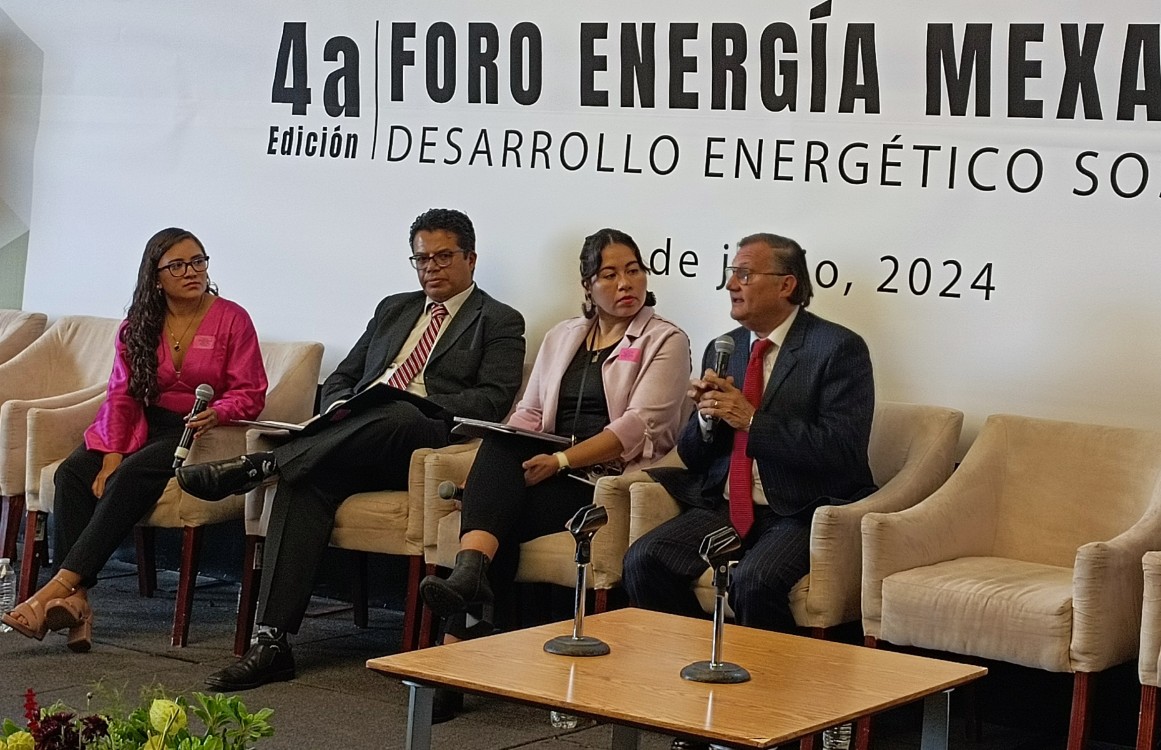
Analyzing the reality of the energy matrix and promoting the transition to more sustainable energies in mobility issues are turning points for Mexico.
Taking into account this and considering that the levels of pollution caused by motor vehicles are increasingly higher, outlining public policies accompanied by private initiative actions will lead Mexico to draw up a roadmap that prioritizes the adoption of environmentally friendly vehicles.
In this sense, during the Sustainable Mobility panel carried out within the framework of the 4th edition of the Energía Mexa 2024 Forum, Sustainable energy development of the country, Adriana Guzmán, deputy director of Planning and Gender Equality at the Transportation Institute of the State of Mexico, He assured that it is necessary to continue the strategies that have been outlined so far.
“We have to establish clear policies that are met and that are aligned with the same objective, for example, if we want to modernize the fleet we must have an ecosystem that allows it, we have to plan the replacement of units based on emissions and energy performance issues. of the vehicles,” he commented.
For his part, Andrés Bayona, managing partner of Promotora Energética E3, stated that to achieve sustainable mobility, a series of actions must be taken that not only consider fuel , but also take into account the complete modernization of transportation systems .
To this change in mentality to achieve sustainable mobility, a strategy must be added to link both passenger and cargo carriers. For Adriana Guzmán this is a fundamental point because they are the main actor for the modernization of the fleets .
In this sense, it is necessary to have incentives and financing schemes, “at the government level, resources must be allocated to make access to technology affordable and to build charging infrastructure for electric vehicles and support the use of other types of fuels, for example, natural gas,” he explained.
For his part, Esteban Ángeles Hernández, a specialist in sustainable mobility, explained that in addition to economic stimuli, other aspects must be taken into account, “to talk about sustainability, economic, technological, social and cultural components must be considered. Although economic stimuli are necessary, one of the greatest incentives that there should be are the benefits for society in terms of air quality and therefore quality of life,” he said.














